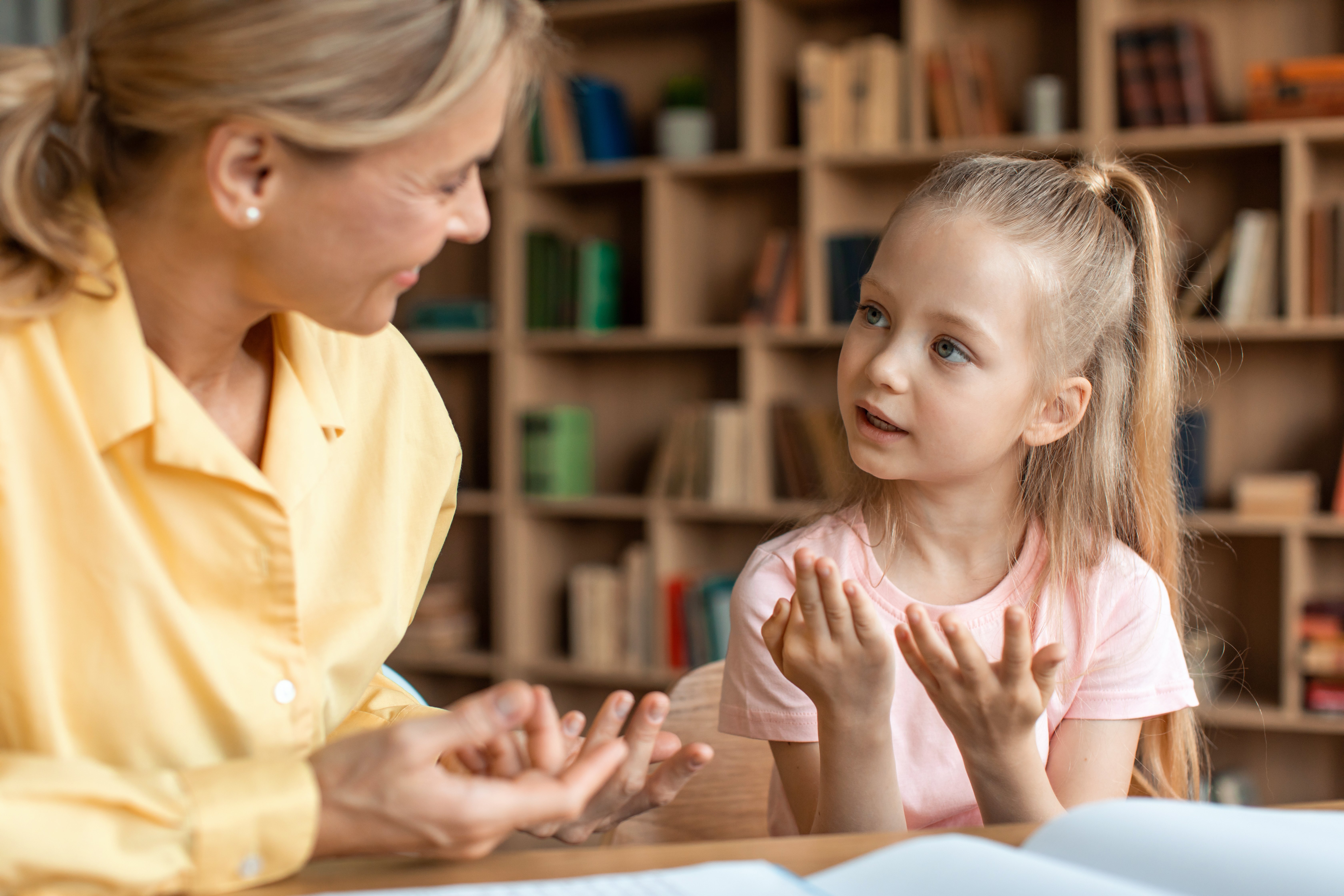
preparing for school success with aba therapy
17 August, 2024
Starting school is a significant milestone in a child's life, and being school-ready is crucial for a smooth transition and academic success. For children with developmental challenges, Applied Behaviour Analysis (ABA) therapy can play a vital role in enhancing school readiness. This blog will explore how ABA helps with essential skills like following instructions, transitioning between activities, and interacting with peers, supporting both academic and social success in a school environment.
- Developing Essential School-Readiness Skills
Following Instructions: One of the foundational skills for school readiness is the ability to follow instructions. ABA therapy uses structured teaching techniques to help children understand and follow both simple and complex instructions.
Examples:
- Simple Instructions: Teaching a child to follow one-step directions, such as "sit down" or "raise your hand."
- Complex Instructions: Gradually increasing complexity by combining multiple steps, such as "put your books away and then sit on the carpet."
Transitioning Between Activities: Transitions can be challenging for children with developmental delays. ABA therapy helps children learn to move smoothly from one activity to another, reducing dysregulation and improving classroom behaviour.
Techniques:
- Visual Schedules: Using visual aids to outline daily routines and prepare children for upcoming transitions.
- Timers and Cues: Implementing timers or verbal cues to signal transitions and help children adjust to changes in activities.
Interacting with Peers: Social interactions are a key component of the school experience. ABA therapy focuses on developing social skills that enable children to interact positively with their peers, make friends, and work collaboratively.
Examples:
- Turn-Taking: Teaching children to take turns during play and classroom activities.
- Sharing: Encouraging sharing of materials and cooperative play with peers.
- Enhancing Academic Skills
Pre-Academic Skills: ABA therapy addresses foundational academic skills, such as pre-reading, pre-writing, and early math concepts, which are critical for school success.
Examples:
- Pre-Reading Skills: Teaching letter recognition, phonemic awareness, and basic sight words.
- Pre-Writing Skills: Developing fine motor skills through activities like tracing, drawing, and practising letter formation.
- Early Math Skills: Introducing concepts like counting, sorting, and basic addition and subtraction.
Task Analysis: ABA therapists use task analysis to break down complex academic tasks into smaller, manageable steps. This approach helps children learn and master each component before progressing to more advanced tasks.
Example:
- Math Problem Solving: Breaking down a math problem into steps, such as understanding the question, identifying relevant information, and applying the correct operation.
- Supporting Positive Classroom Behaviour
Behavioural Expectations: ABA therapy teaches children the behavioural expectations of a classroom setting, such as sitting quietly, raising hands to speak, and following classroom rules.
Examples:
- Classroom Rules: Using visual aids and social stories to explain and reinforce classroom rules.
- Positive Reinforcement: Providing rewards for demonstrating appropriate classroom behaviours, such as staying seated during a lesson.
Managing Disruptive Behaviours: ABA therapy helps identify the function of disruptive behaviours and teaches alternative, appropriate behaviours to replace them.
Techniques:
- Functional Behaviour Assessment (FBA): Assessing the reasons behind disruptive behaviours and developing targeted interventions.
- Replacement Behaviours: Teaching alternative behaviours that serve the same function as the disruptive behaviour, such as asking for a break instead of leaving the seat without permission.
- Building Independence and Self-Regulation
Self-Help Skills: ABA therapy promotes independence by teaching self-help skills that are essential for school readiness, such as dressing, feeding, and toileting.
Examples:
- Dressing Skills: Practising putting on and taking off coats and shoes independently.
- Feeding Skills: Encouraging independent eating and appropriate use of utensils.
Self-Regulation: Developing self-regulation skills helps children manage their emotions and behaviours, cope with stress, and stay focused on tasks.
Techniques:
- Emotional Regulation: Teaching strategies to recognise and manage emotions, such as deep breathing or using a "calm down" area.
- Attention and Focus: Using reinforcement and structured breaks to improve attention span and task persistence.
ABA therapy provides a comprehensive approach to preparing children with developmental challenges for school success. By focusing on essential skills like following instructions, transitioning between activities, interacting with peers, and developing academic and self-regulation skills, ABA supports both academic and social success in a school environment. Embrace the power of ABA therapy to enhance school readiness and pave the way for a successful educational journey for your child.
Take the first step toward school readiness. Contact us today for more information, or reach out at (02) 9133 2500. We’re here to help!
.svg)













